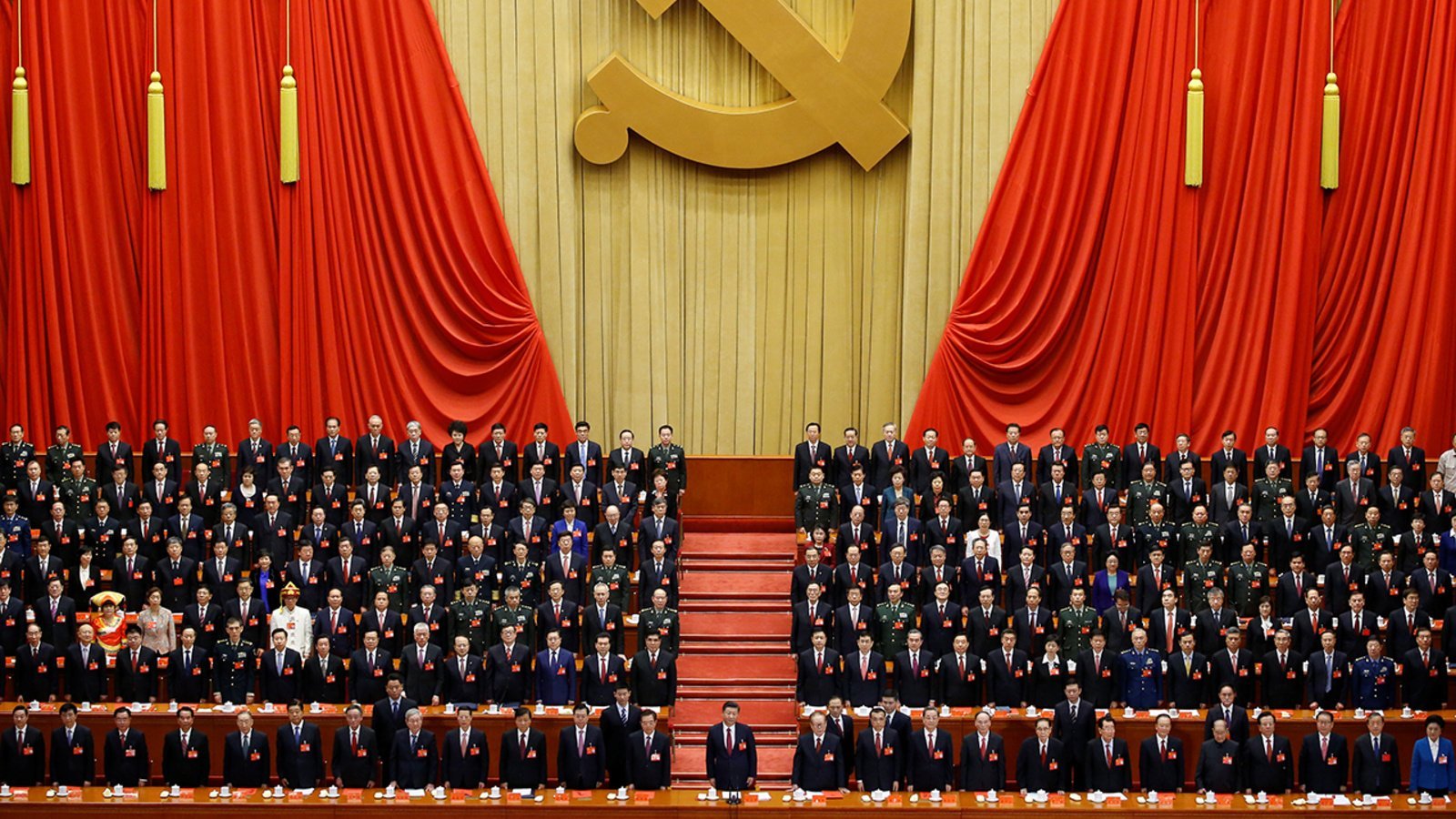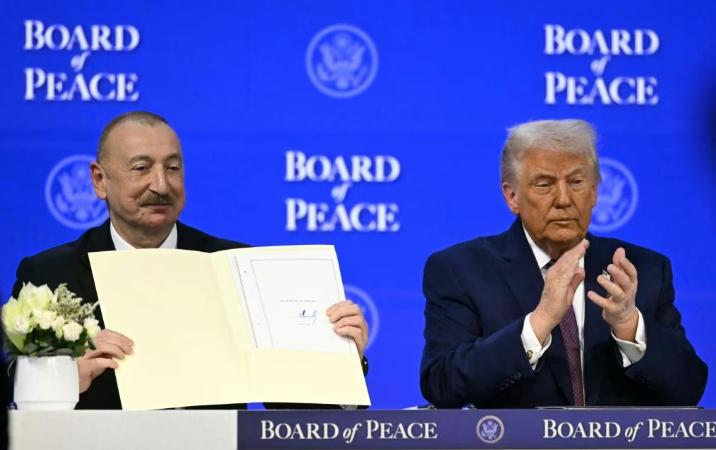On 26 September 2024, the Political Bureau of the Communist Party of China (CPC) Central Committee convened a significant meeting to analyze the current economic situation and set the course for future economic policies. The meeting, presided over by President Xi Jinping, general secretary of the CPC Central Committee, reinforced the Party’s deep involvement in guiding China’s economic direction while reflecting the CPC’s commitment to tackling the nation’s economic challenges while remaining optimistic about China’s long-term potential, highlighting the resilience and potential of the country’s economy.
China has focused on “intensifying macroeconomic regulation” while simultaneously “deepening reform and opening up,” reflecting its commitment to stability and long-term progress through comprehensive reforms. This dual focus has allowed the country to expand domestic demand, optimize its economic structure, and ensure the continued advancement of new quality productive forces. The meeting underscored that the country’s broad market, strong economic resilience, and vast potential remain unchanged, serving as the bedrock of its economic vitality.
As other economies struggle with stagflation or recessionary pressures, China’s approach—characterized by pragmatic, well-calibrated policies—has allowed it to maintain economic growth without succumbing to short-term fluctuations. This hallmark of economic governance has helped China achieve remarkable results, rising from poverty to become the world’s second-largest economy.
Targeted policy measures and Macroeconomic adjustments
The meeting underscored the necessity of targeted and effective policy measures to ensure that China meets its economic and social development goals for the year. Countercyclical adjustments in fiscal and monetary policies were emphasized, with the goal of maintaining the stability of fiscal expenditures, ensuring public welfare, and supporting government functions at all levels. Key policies include lowering the reserve requirement ratio and interest rates to stimulate investment and consumption, as well as implementing ultra-long-term treasury and local government bonds to drive development. The meeting highlighted the need to reverse the downturn in real estate by controlling the supply of new housing projects, optimizing existing stocks, and improving housing quality. Additionally, adjustments in policies related to housing purchases, interest rates on existing mortgage loans, and land and fiscal matters were identified as critical to promoting a new model for real estate development aimed at fostering a more sustainable and balanced housing market, which is a key component of broader economic stability.
China’s stock market was also a focal point, with discussions centered around guiding long-term funds into the capital market and clearing obstacles for social insurance, wealth management, and insurance funds to participate. Mergers and acquisitions of listed companies will be supported, and reforms of publicly offered funds will be advanced to enhance market efficiency and protect small and medium-sized investors.
The meeting emphasized the need to support enterprises, particularly by helping them overcome operational difficulties through regular law enforcement and supervision. Efforts to create a favorable environment for the private sector were also highlighted, including the proposed development of a private sector promotion law. This initiative aligns with China’s broader strategy to integrate economic growth with social well-being by encouraging the development of new business models, especially in sectors such as elderly care and childcare. The importance of consumption, a key driver of economic growth, was underscored, with a focus on raising incomes for low- and middle-income groups and optimizing the consumption structure. Policies promoting foreign investment, particularly in manufacturing, were also discussed as part of efforts to create a more open and internationally competitive business environment.
Ensuring livelihoods and Employment
Social stability remains a priority for the Chinese government, and the meeting emphasized the need to ensure basic living needs are met. Employment support for recent college graduates, migrant workers, and individuals from zero-employment households was identified as crucial for maintaining economic and social stability. Additional support for disadvantaged groups, including older adults, people with disabilities, and the long-term unemployed, was also stressed. The discussion included ensuring the availability and stability of essential goods—such as food, water, electricity, and gas—particularly in the context of price stability. Promoting agricultural production and increasing rural incomes were also highlighted as essential to safeguarding national food security and ensuring that rural residents benefit from the country’s overall economic development.
A key takeaway from the meeting was the need to foster confidence in China’s economic future. The continued resilience of the Chinese economy, combined with the CPC’s proactive policy approach, reinforces China’s potential as a stabilizing force in the global market. The dividends generated by China’s growth are not only welcomed domestically but also recognized as vital to global economic stability.
China’s remarkable resilience and adaptability, with a focus on long-term development, high-quality growth, and people-centered policies, make it well-positioned to continue its upward trajectory. China’s economic fundamentals remain robust, supported by a vast domestic market, strong economic resilience, and a deep integration into the global economy. As the world continues to face economic volatility, China’s pragmatic, strategic leadership offers a model of stability and confidence for the future. Through its focused efforts, the Chinese leadership is ensuring that China not only remains a key player in the global economy but also continues to contribute to shared global prosperity.

Executive Director, Pakistan Research Center for a Community with Shared Future (PRCCSF).












